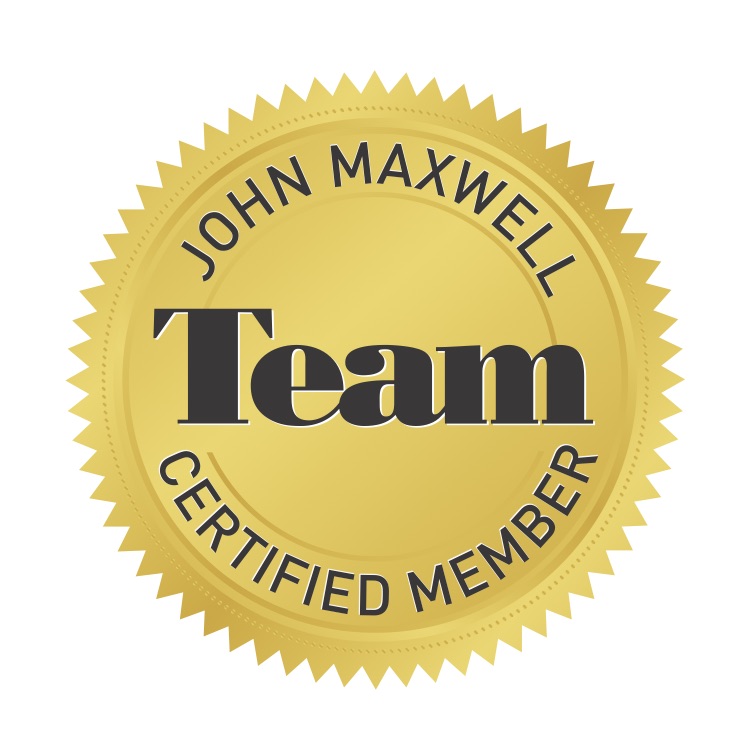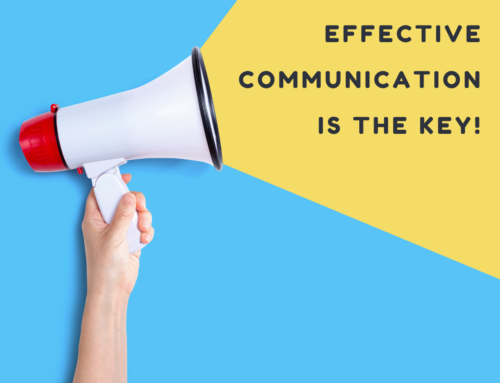In the fast paced, internet dominated, information age that we live in today, there is a constant flow of information from all over. Today, more than ever, we are the most equipped to carry out our duties and responsibilities efficiently considering the vast pool of information empowering us to deliver to our best capabilities.
However, this information overload also likes most good things has its own disadvantages. We have still not learned the art of filtering the information overload and rather than being the masters of technology, we are enslaved by it.
Today, such information overload also exposes us to innumerable interruptions in a typical day at the office. The interruptions can be in the form of news alerts & feeds, email notifications, Facebook, WhatsApp, Twitter, or other such social media alerts, etc. Add to the interruptions caused by the information channels, there are the traditional forms of interruptions such as phone calls and SMSs, colleagues stopping by at your desk interested to chat or seeking help with their tasks, visitors arriving without informing, urgent short notice meetings, your manager asking for an urgent update or coming up with a last minute adhoc request, etc. forcing you to move away from the task at hand.
With so many possible interruptions, it is but imperative for us to step back and be prepared to handle each one of these interruptions. This is extremely important so that our productivity is not impacted and we do not feel the exhausted end of the day having most of our planned and scheduled tasks still unfinished. At the same time, we must also realise that interruptions are a practical reality and we are not the only ones affected by it. The art is to successfully managing these interruptions.
There are few easy tips below to make ourselves aware of the interruptions/ time wasters in our life so that we can appropriately prepare ourselves to still deliver on time and we still achieve our larger objectives.
1. Social media alerts
With the technological advances in the last decade or so, we spend most of our workdays and beyond in front of one or the other screens whether it is our laptops, smartphones, tablets or televisions, etc. Technology has been a boon but we still struggle how to filter the information that technology enables us to access.
In theory, the social media, news alerts, and notifications are perhaps the easiest to handle since this is entirely in our control. However, this is easier said than done. Today, we are so hooked on to social media that many of us are literally addicted to such platforms. We get such a sense of gratification and our minds get a massive endorphin rush as soon as we get a Facebook or a WhatsApp alert. We suddenly get a feeling of importance. We are so much interested in knowing what is happening with our friends and connections that we don’t even realize when hours pass by at the expense of the critical tasks at hand.
Therefore, it is extremely important that whenever you are working on an important task, make sure you keep your phones aside with the notifications muted. Have the pop-up windows deactivated/ disabled.
You definitely need to have stronger will power and must establish hard edges of your time slots so that you do not deviate from your larger objectives and your deliverables. Once you do this, you will start realizing that you don’t lose anything by not uploading a few photos, or by not posting a few updates or by not responding to social chat or by not reading the comments on your friends’ photos once in a while. What you will also realize is that the time saved by stepping back from the social media for a couple of hours has done wonders and certain tasks which you might have been planning doing for many days but were unable to do because of the paucity of time are now accomplished.
2. Email, the necessary evil
In the corporate world, email is perhaps the most popular mode of business communication. As per one study, there are about 2.85 billion email users worldwide including both business and consumer email users. The study further reveals a shocking statistic that there are about 108.7 billion emails sent and received each day and this number is expected to go up to a whopping 139.4 billion emails sent and received per day by 2018. An average business email user sends and receives an average of 121 emails per day.
For many of us sitting in front of our laptops or tablets and small mini-computers (read smartphones), as soon as there is new email notification, we get a strong urge to open the email. One email leads to another and it may just take away from you your most productive time. The key is to not to have your email application open at all times. Login to your email system may be 2-3 times during the entire day. It is estimated that it takes on an average 18 minutes for you to return your focus to the task at hand once you have an email distraction.
Also, each one of us is aware of the particular time in the day when we are the most productive. Most of us are the most productive first thing in the mornings as soon as we reach work. Make sure you stay away from your emails at those times else your most productive times will go waste in answering emails which could have waited till later in the day or may be to the next day or which shouldn’t have been answered at all. Another key rule with email is that handles the email only once. If you open the email, try your best to answer it there and then so that you don’t have to come back to it again spending probably the same time again on it.
3. Colleagues seeking help/ Visitors arriving unannounced
Many times when you are in the midst of something extremely urgent, you hear a knock on your door or worse if you have a cubicle in an open office environment, you have one of your colleagues asking, “do you have a minute?”. You realise this is going to be at least an hour. Being courteous, you still agree to give him/ her ‘a minute’. The result, you lose an hour, probably two and you get stressed because you’ve lost your most productive time in the day. There is always merit in politely refusing your colleague if you feel you will not be able to do justice to his/ her request. You may always tell your colleague that you are busy with something urgent which your manager has assigned you with but time permitting you would be happy to help at a later date.
You may also consider letting your colleagues know whether or not you are available for help by having a ‘Busy/ Do Not Disturb’ sign outside your office. You may also have your ‘Busy’ status in case you are connected to your colleagues on an office instant messaging system. Many times, your colleague may just be looking for someone to gossip or have coffee with and bumps into your office without realizing the importance of your time. The key is to politely say, ‘No’. Also, allow some time in your schedules for interruptions. Don’t have your calendars and task lists so tightly packed that you get stressed since some interruptions are bound to happen.
The same holds true with external visitors coming unannounced, may it be customers, vendors, bankers, etc. Unless you really want to step out and say ‘hello’, there is no harm in politely saying ‘No’ to them.
4. Phones that don’t stop ringing
We are all so accessible these days at any time to colleagues, friends, and family so much so that sometimes we really wish if we could just do our work dedicatedly without any disturbance. Telephones ringing is a major interruption and after putting the phone down once you’ve spoken to the caller, you may struggle recalling where you were and very likely you may miss a key thought. It is actually ok not to answer your phone sometimes. Whenever you are in the midst of something urgent, just mute the ringer of your phone. The caller identification facility will enable you to return the missed calls if you want to. You may also want to switch off your phone and divert the caller to the voicemail. You can always access your messages later and call back if needed.
5. Urgent meetings at a short notice
It is common practice that sudden meetings are called for at a very short or no notice to discuss a ‘so called’ important issue. Before automatically clicking the ‘Accept’ button, you may want to check with the meeting organiser if you are actually needed at the meeting since many times, you may find the entire department is called for when not everyone is needed. Even if you are needed, please ensure that as soon as your contribution to the meeting is over, you may politely request to be excused so you can get back to work.
For meetings organized by you, please ensure that you set an example for others to follow. So far as possible, plan meetings in advance, block people’s calendars in advance, have an agenda circulated in advance so the meetings are more fruitful and you don’t become an interruption for others.
6. Managing the Managers
This may be the trickiest and most complex considering that you may not find too much flexibility with your manager and in most of the cases you may find it extremely difficult to refuse your manager’s requests. Though some requests from your manager may be genuine and understandable, there may be many instances where the manager may just out of habit ask you to work at the last minute even when he/ she should have planned his tasks well.
You may seek a suitable time with your manager to appraise him/ her of your situation stating that his/ her requests coming late to you compromises the quality of the deliverables. Your manager giving you enough time would enhance the quality of your deliverables and at the same time would leave ample time for his/ her review. A professional manager should ideally understand your situation thereby bringing about a change in his/ her behavior and consequently reducing the interruptions in your workday.
Happy reading!!!
Nalin Chandna







Leave a Reply